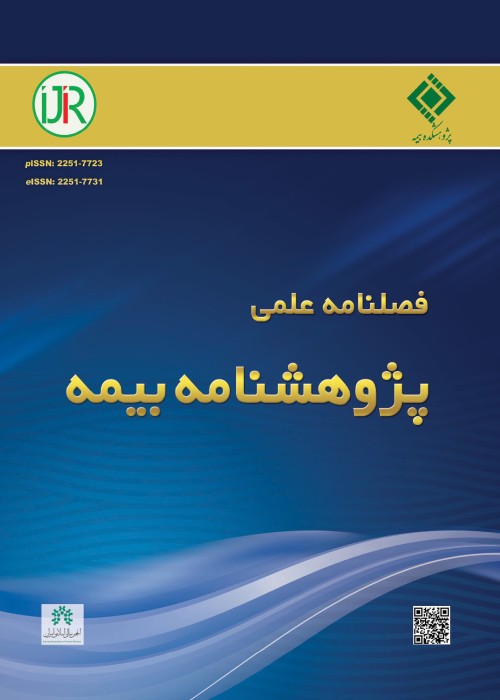The Impact of Organizational Culture on Customer Performance with Emphasis on the Role of Business Intelligence
Customer performance is an important factor in achieving the competitive advantage for companies and is affected by various factors. Customer performance is drawing a clear picture of the diverse needs and wants of customers that increase through communication with customers. It includes attracting new customers, retaining existing customers, and increasing customer satisfaction and loyalty. This study aims to investigate the effect of organizational culture on customer performance with emphasis on the role of business intelligence. Variables such as knowledge management, organizational learning, systems thinking, organizational open-mindedness, and customer relationship management have also been examined.
The present study is applied in nature and is a descriptive survey in terms of purpose and data collection. It is conducted using the mixed-method (qualitative and quantitative). In this study, a two-stage exploration plan has been used. This design is used when the researcher needs to develop such a tool due to the lack of research tools. The researcher first examines the research topic qualitatively with several participants, then uses qualitative findings as a guide for compiling questions and scales of the quantitative survey tools. In the second stage of data collection, the researcher implements and validates these tools in a quantitative way. The statistical population for the qualitative part of the study includes university professors familiar with the subject (Has related scientific, research, and experimental records). The statistical population for the quantitative part of the study includes the customers and personnel of the insurance units of Iran, Asia, Dana, and Alborz branches in Tehran. The sampling method is random disproportionate classification. An interview guide and a questionnaire was used for collecting qualitative and quantitative data respectively. The face and content validity of the questionnaire was confirmed by experts, and its convergence validity was confirmed by the statistical methods. The questionnaire’s construct validity was assessed using confirmatory factor analysis. The reliability of the questionnaire was assessed using Cronbach's alpha coefficient. Four criteria have been used to assure the quality of the reserach. Researchers have been involved with the topic for a long time, the data was reviewed and controlled by colleagues and participants [Credibility]; The environment and participants, and the study data were described in detail at the data collection stage [transferability]; All stages of activities such as research findings and how to interpret them have recorded [Confirmability]; All interviews were recorded, and written copies were made, data and methods were documented by the researchers [Dependability]. The two-coder intra-subject agreement method was used to ensure more reliability. Content analysis was used for data analysis. Data was analyzed by PLS and SPSS softwares.
According to the results of the interviews, three components were identified to measure the organizational open-mindedness variable, including exchange of knowledge and skills, clarification, and no prejudice (Impartiality). The present research findings indicate that Organizational culture influences customer performance through business intelligence and other mediating variables. Organizational culture affects knowledge management, organizational learning, and business intelligence. Knowledge management affects organizational learning, systems thinking, business intelligence, and customer relationship management. Organizational learning affects systems thinking, organizational open-mindedness, and customer relationship management. Systems thinking affects customer relationship management and business intelligence. Organizational open-mindedness affects business intelligence. Business intelligence affects customer relationship management and customer performance. Customer relationship management affects customer performance. Nevertheless, the effect of knowledge management on organizational open-mindedness, the effect of organizational learning on business intelligence, and the effect of organizational open-mindedness on customer relationship management were rejected.
Organizations, especially service organizations, should pay special attention to organizational culture. Competitive conditions are constantly changing, changes occur quickly, and the needs and wants of customers are affected and changed. If the company fails to adapt to the changing conditions of competition, it will be doomed to failure. Therefore, customer orientation must be institutionalized in the culture of the organization and be understood by all employees. In general, it can be said that the stronger an organization has a learning culture and its employees are more learning and better able to face competitive conditions, the more successful it is in communicating with customers and can get a better knowledge of customers, identify their needs faster and perform better in gaining a competitive advantage.
- حق عضویت دریافتی صرف حمایت از نشریات عضو و نگهداری، تکمیل و توسعه مگیران میشود.
- پرداخت حق اشتراک و دانلود مقالات اجازه بازنشر آن در سایر رسانههای چاپی و دیجیتال را به کاربر نمیدهد.


